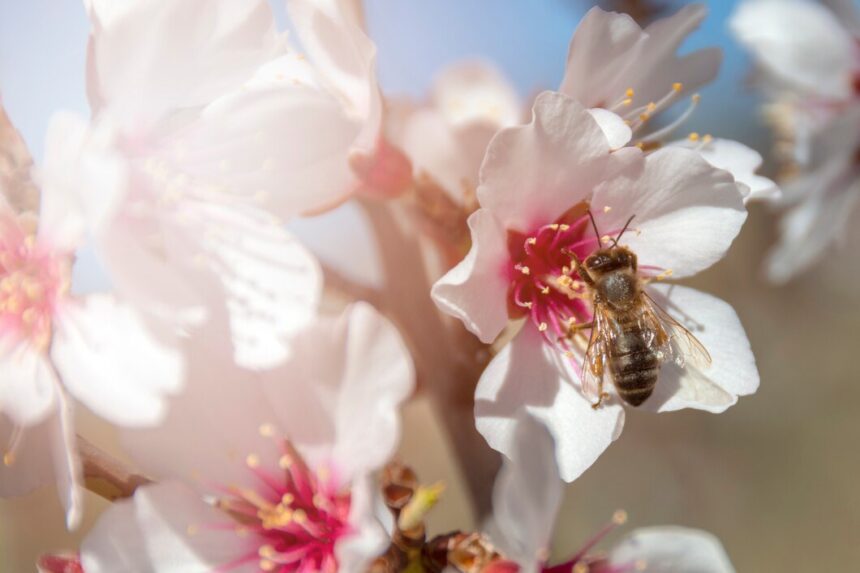Beekeeping plays a vital role in agriculture, particularly in pollinating crops and ensuring food security. In South Africa, where agriculture is a significant contributor to the economy, adopting beekeeping practices can enhance crop yields and promote biodiversity. Here are ten techniques South African farmers can practice for beekeeping and pollination:
- Selecting Bee-Friendly Crops: Choosing crops that attract bees and provide them with ample nectar and pollen is essential for successful beekeeping and pollination. Crops such as sunflowers, citrus fruits, and canola are known for their attractiveness to bees.
- Maintaining Diverse Forage: Providing a diverse range of flowering plants throughout the year ensures a continuous food source for bees. Planting cover crops, establishing wildflower meadows, and maintaining hedgerows can all contribute to bee forage diversity.
- Proper Hive Placement: Positioning beehives strategically within agricultural landscapes can maximize pollination effectiveness. Placing hives near crop fields or orchards ensures that bees have easy access to pollination opportunities.
- Regular Hive Inspections: Conducting regular inspections of beehives allows farmers to monitor colony health, identify potential issues, and take corrective action as needed. This includes checking for signs of disease, pests, or queen health.
- Providing Water Sources: Bees require access to clean water for hydration, especially during hot and dry periods. Installing water sources such as shallow dishes filled with water and stones can attract bees and support their health.
- Integrated Pest Management (IPM): Implementing IPM strategies helps minimize the use of chemical pesticides, which can harm bee populations. Instead, farmers can utilize cultural, biological, and mechanical methods to manage pests while preserving bee health.
- Utilizing Bee-Friendly Pest Control: When pest control is necessary, opting for bee-friendly pesticides and applying them during times when bees are less active can reduce the risk of harm to pollinators.
- Promoting Native Bee Species: While honeybees are essential pollinators, native bee species also play a crucial role in pollination. Creating habitat features such as nesting sites and providing suitable forage can support native bee populations alongside honeybees.
- Educating Farmers and Communities: Providing education and training on beekeeping practices, pollinator conservation, and the importance of bees in agriculture can foster greater awareness and appreciation among farmers and local communities.
- Collaborating with Beekeepers: Building partnerships with local beekeepers can benefit both farmers and beekeepers. Farmers can gain access to pollination services, while beekeepers may benefit from access to forage resources and potential hive placements on agricultural land.
By implementing these techniques, South African farmers can contribute to the health and sustainability of bee populations while enhancing crop productivity through improved pollination services. Investing in beekeeping practices not only benefits agricultural production but also supports ecosystem resilience and biodiversity conservation.
Join 'Farmers Mag' WhatsApp Channel
Get the latest Farming news and tips delivered straight to your WhatsApp
CLICK HERE TO JOIN






